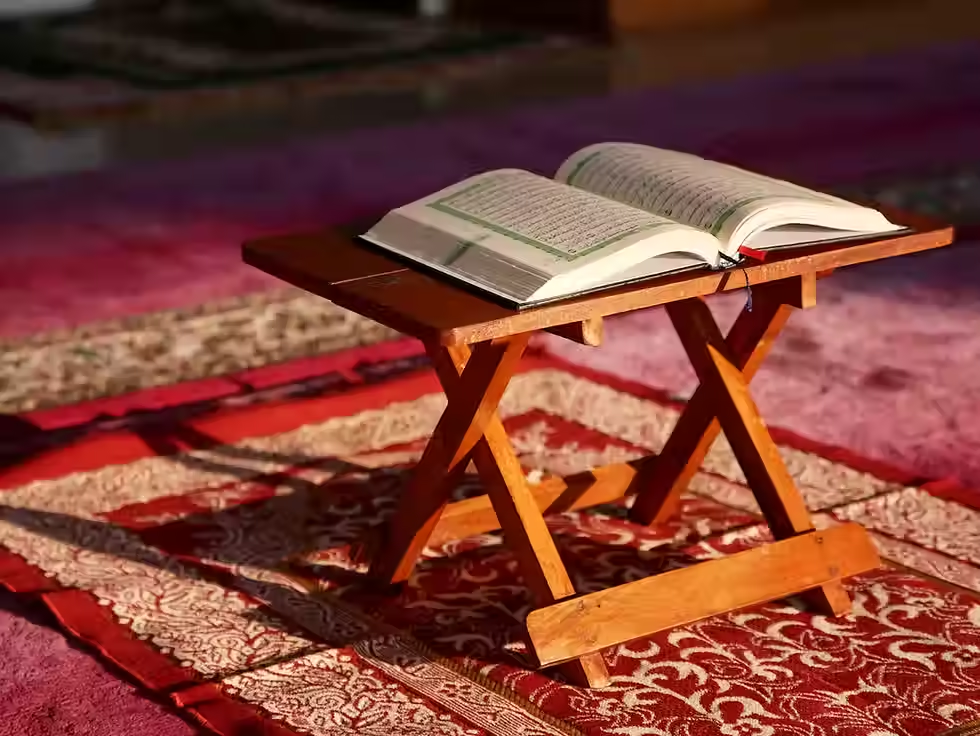Letting Go: The Mercy of Al-‘Afuw and Softening the Heart Through Fasting
- Apr 10, 2025
- 2 min read
Updated: Apr 11, 2025
Betrayal hurts.
It might have been something someone said. A trust broken. A relationship that changed without warning. Whatever the cause, you were left carrying pain you didn’t ask for.
But what if that pain wasn’t just random? What if it was placed in your life by Allah—not to break you, but to elevate you?
Sometimes, we hold onto the hurt because we believe that forgiving means excusing the harm done to us. But forgiveness in Islam isn’t about saying what happened was okay—it’s about freeing your soul from the chains of resentment and stepping closer to Allah.
Mirror the Mercy of Al-‘Afuw
One of Allah’s names is Al-‘Afuw—the One who completely erases sins, leaving no trace behind.
He invites us to reflect just a sliver of that mercy in our own lives. To let go of grudges. To choose peace over pride. To forgive, not because others always deserve it, but because we want to be forgiven.
Forgiveness isn’t weakness. It’s strength.
It’s saying: I forgive you—not for you, but for the sake of Allah and the peace of my own heart.
And one of the most powerful tools to help you get there? Fasting.
Fasting Softens What the World Hardens
When we fast—whether in Ramadan or through the Sunnah fasts throughout the year—something begins to shift. The ego quiets. The heart opens. The soul starts to breathe again.
Fasting isn’t just a physical discipline; it’s a spiritual cleanse.
It reminds us that we’re not here to collect grudges or keep score. We’re here to grow, to heal, and to reflect the mercy we hope to receive from Allah.
The Prophet ﷺ said:
“Deeds are presented on Mondays and Thursdays, and I love that my deeds be presented while I am fasting.” (Tirmidhi)
Regular fasting, especially on Mondays and Thursdays, or the White Days (13th, 14th, and 15th of each lunar month), is a way to keep your heart soft throughout the year—not just in Ramadan.
Let This Be the Beginning of Your Healing
If you’re holding on to pain, perhaps this is your sign to let it go. Maybe not all at once—but one quiet, sincere dua at a time.
You fasted for Allah. Now forgive for Him.
Let fasting not only purify your body, but your heart.
Let it soften you, humble you, and bring you closer to the One who sees your every struggle and loves your every effort.
Pardon others, so that you may be pardoned.
Keep the momentum of Ramadan alive. Consider fasting Sunnah fasts regularly and see how it transforms your heart, your mindset, and your relationship with others—and with Allah.
May Allah make us people of mercy, people of forgiveness, and people of peace.



Comments